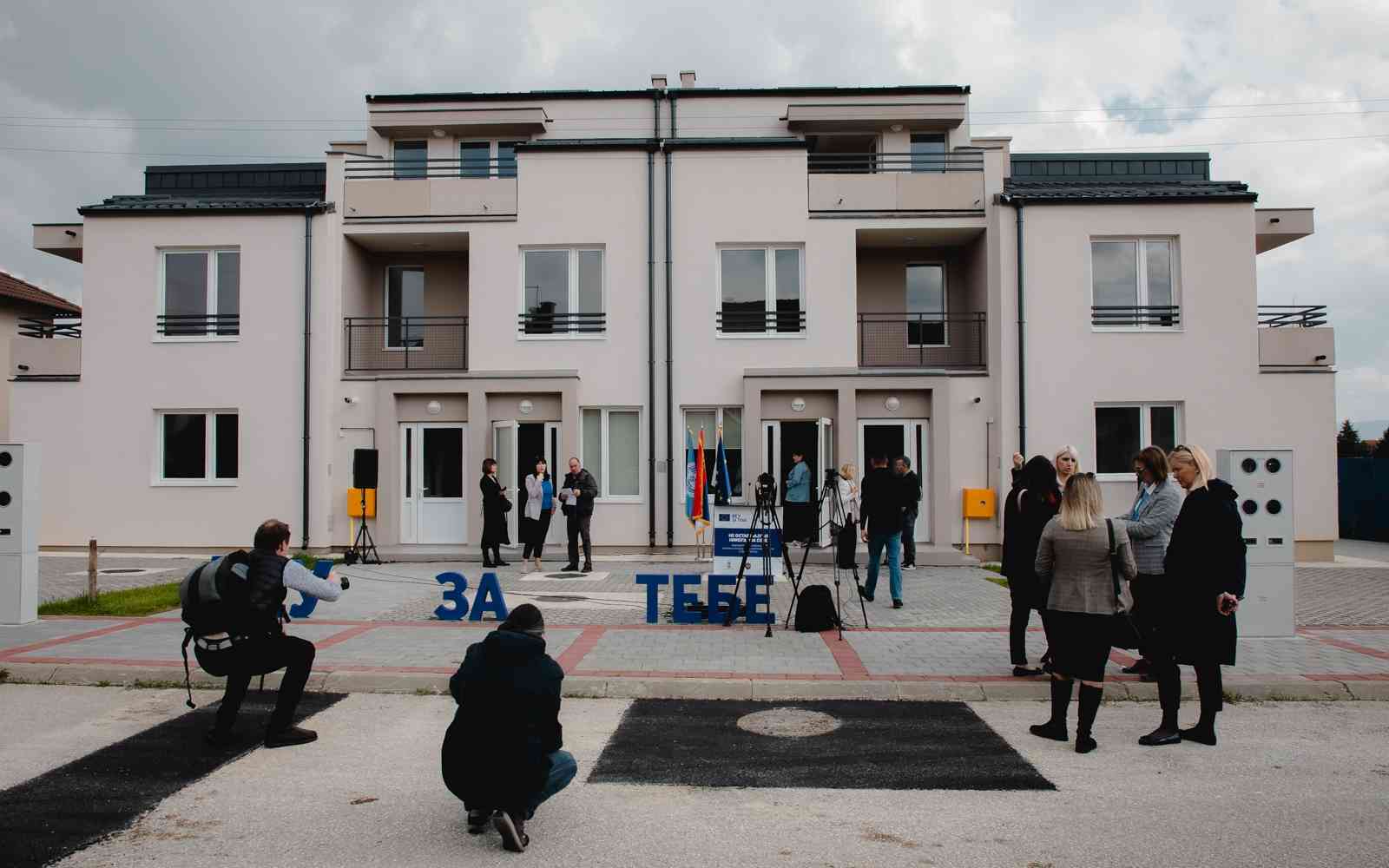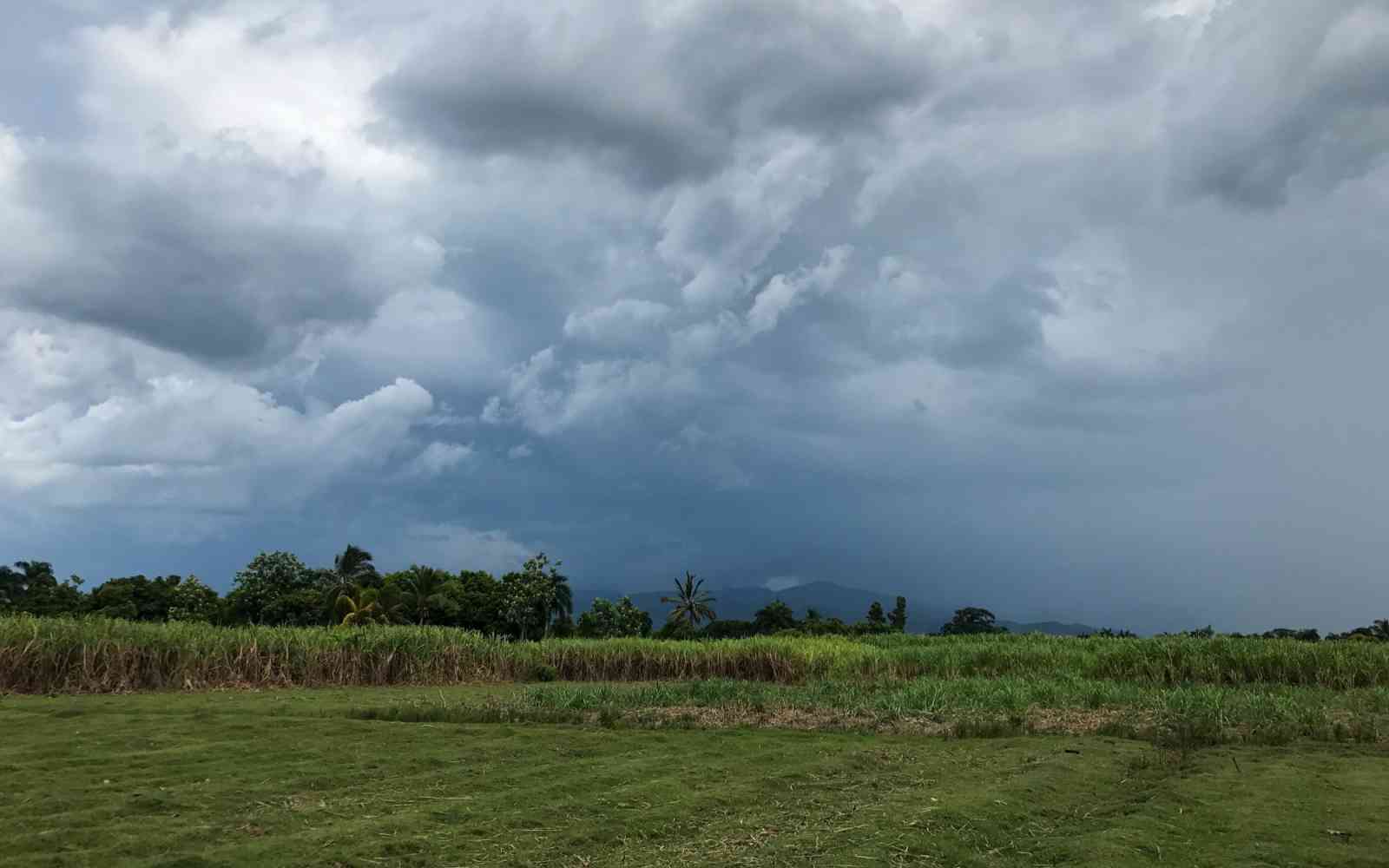The United Nations Office for Project Services (UNOPS)

A place to call home
To mark World Habitat Day, we’re highlighting how UNOPS helps support human settlements, and build better lives for people and communities.
Haiti
Haiti
One-and-a-half million people were left homeless following the 2010 earthquake west of Port-au-Prince. In an effort to put a roof over their heads, UNOPS helped build over 600 new housing units and rehabilitated some 2,000 homes. Now, 33,000 Haitian families have a safe and secure place to call home.


Colombia
Colombia
To help close the gap in living conditions between urban and rural communities in Colombia, UNOPS worked with the Government to improve the state of housing and local infrastructure for close to 10,000 individuals. Home improvements allowed residents to access clean water, proper sanitation facilities and improved lighting and ventilation.
Following decades of fighting in Colombia, the project favoured peace processes by boosting employment and helping provide a sense of community in the municipalities.

Serbia
Serbia
In 2012, 170 Roma families were relocated from an informal settlement in Belgrade to new housing areas. To provide them with homes, UNOPS organized community consultations where women actively participated in the decision-making process. Families were able to choose from three housing solutions—such as apartments in newly built housing units or support to complete unfinished family houses—to accommodate the various sizes of families.



Cities Alliance
Cities Alliance
UNOPS hosts a global partnership that supports cities in developing countries to enhance sustainable development and reduce poverty. By providing grants, the alliance helps improve urban development policies in developing countries, which promotes citizen engagement and strengthens the capacity of cities to provide city-wide services, especially to the urban poor.
In Liberia, Cities Alliance is helping to improve the lives of nearly 400,000 slum dwellers. The programme will improve living and working conditions for the urban poor, and will help boost recovery processes following the 2014-2015 Ebola Outbreak.













